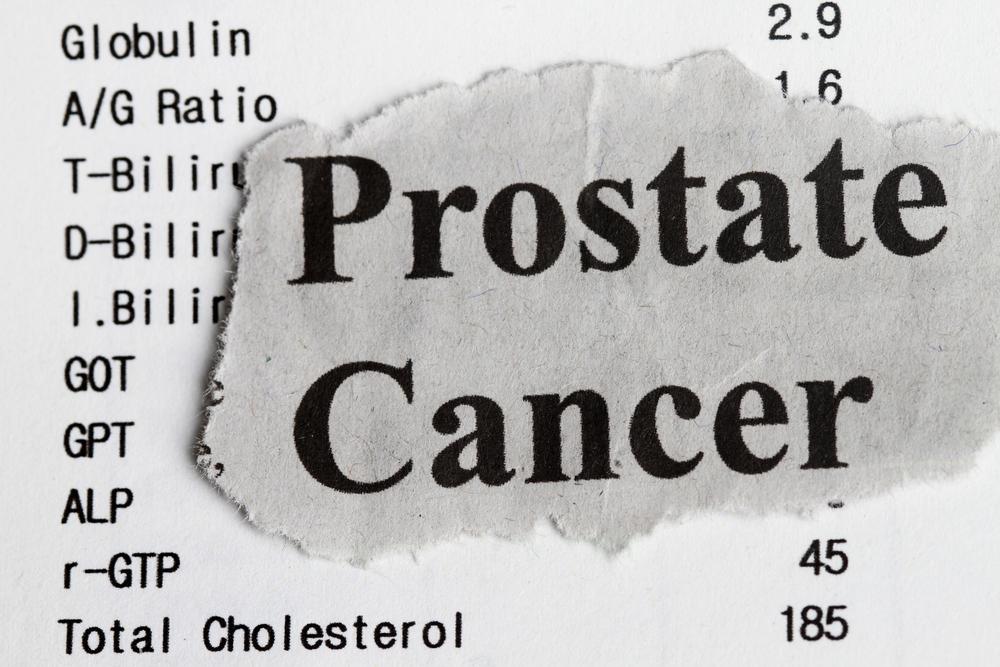
An overview of prostate cancer
The prostate is a walnut-shaped gland located in the pelvic region. It is responsible for the production of seminal fluid that helps nourish and transport sperm. Prostate cancer is exclusive to men given the fact that this gland only exists in men. Cancer has a slow growth rate and is confined to the prostate during the initial stages. However, some forms of prostate cancer grow quickly and aggressively. If one gets a diagnosis of prostate cancer in the early stages, they have a better chance of treatment.
Symptoms
Prostate cancer, like most cancers, leads to some signs in the early stages. The medical research industry has made efforts to develop effective screening procedures but has had little success so far. The symptoms visible in the later stages of prostate cancer are:
- Issues in urinating
- Less force while urinating
- Blood in semen
- Uneasy sensation in the pelvis
- Bone pain
- Erectile dysfunction
In case one faces any of the signs mentioned above, they must ensure that they consult a doctor at the earliest. While an effective screening procedure can be helpful, the medical community continues to debate about its risks and benefits. At a time like this, a thorough discussion with the doctor can help one determine the best options.
Causes
Prostate cancer is caused by a mutation in the prostate cells. These mutations cause the cells to grow at an alarming rate. These abnormal cells ultimately form a tumor which grows large enough to infect the tissues located nearby. In some cases, the cancerous cells also break off to form another tumor. It leads to the expansion in the area of infection leading to dire complications.
Risk factors
Some factors put people at a higher risk of developing prostate cancer. These include:
- Age
Older men are at a higher risk of developing prostate cancer than younger men. - Race
Due to unknown reasons, men with African-American heritage face a higher risk of prostate cancer. Additionally, cancer, in this case, is most probably aggressive. - Family history
If men in one’s family have suffered from prostate cancer, there is a high chance they might too. - Obesity
If one has high body weight, they not only face a high chance of developing prostate cancer but also a relatively high risk of cancer progressing to the advanced stages rapidly. Thus, one can reduce the risk of this condition by maintaining a healthy body weight.
Treatment for prostate cancer includes surgery, chemotherapy, radiation therapy as well as hormone therapy. With prostate cancer, one can face several complications such as metastasizing cancer, erectile dysfunction, and incontinence. However, the only preventive measures one can take are frequent medical check-ups, consumption of a healthy diet, and staying fit. It is best to talk to a doctor about the possibilities of developing prostate cancer if the disease runs in the family.


